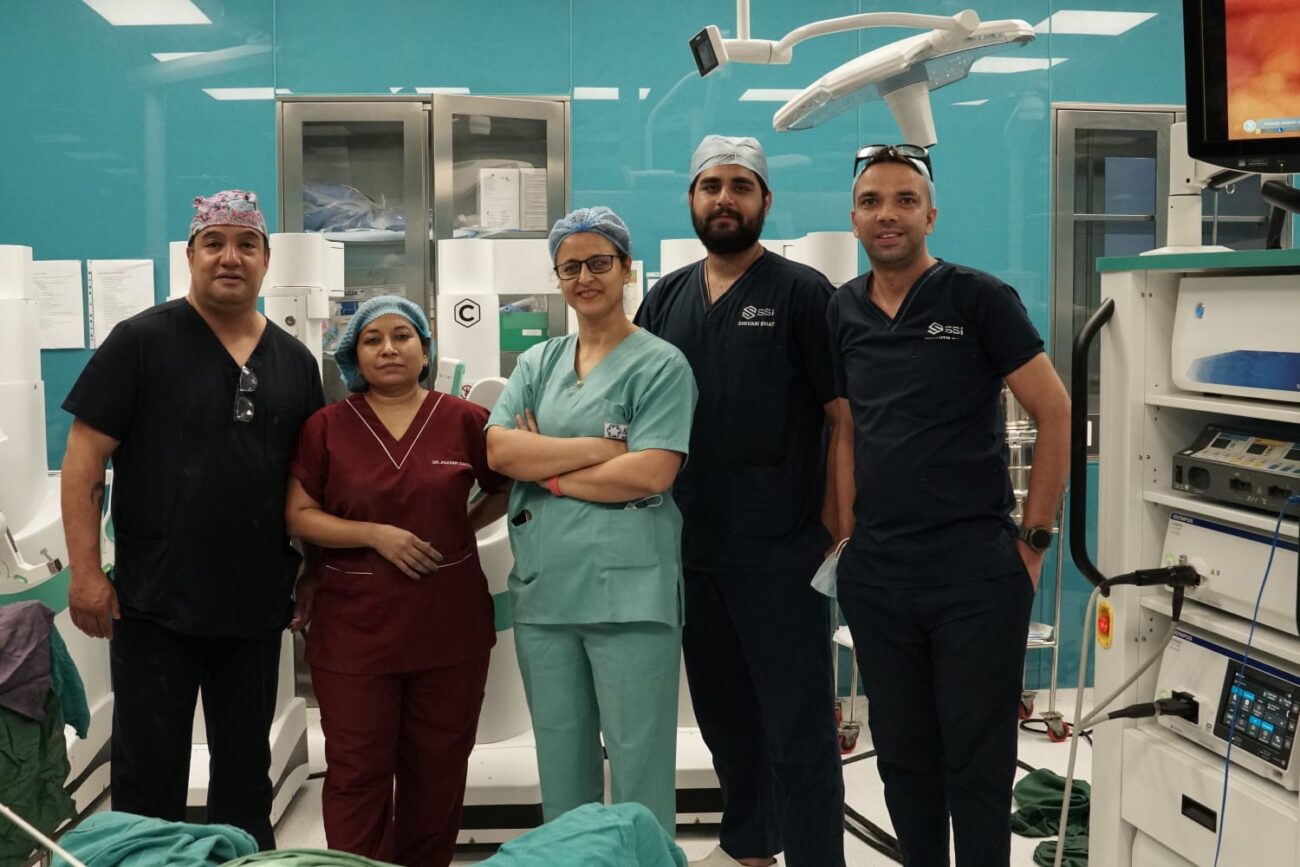Study at Kokilaben Dhirubhai Ambani Hospital shows Hyperbaric Oxygen Therapy promotes positive outcome in patients with disorders of consciousness from brain injury
Kokilaben Dhirubhai Ambani Hospital, Mumbai announced the results of a study carried out at the hospital that shows promising results from use of Hyperbaric Oxygen Therapy (HBOT) in brain injury patientsas an adjunct to intensive
Kokilaben Dhirubhai Ambani Hospital, Mumbai announced the results of a study carried out at the hospital that shows promising results from use of Hyperbaric Oxygen Therapy (HBOT) in brain injury patientsas an adjunct to intensive neurorehabilitation. The four-year-long study was carried out on around 100 patients in a persistent vegetative state or minimally conscious state atthe Departmentfor Management of Unconscious Patients in the Centre for Rehabilitation and the results were recently presented at the prestigious European Society of Hyperbaric Medicine Meeting in Tel Aviv.
Dr Abhishek Srivastava, MD, PhD, Neurorehab Specialist and Director, Centre for Rehabilitation at Kokilaben Hospital, Mumbai said, “Loss of consciousness or unconsciousness is the most devastating consequence of brain damage. When a patient is alive but does not respond to external stimuli or the environment is in vegetative state.Since early 2015, at Kokilaben Hospital, we have been using HBOT as an adjunct to intensive neurorehabilitationto treat patients in disorders of consciousness following brain injury. The results showed that HBOT can contribute to positive neurological and functional outcomes in patients with severe brain injury.”
The technologically advanced ‘Perry Monoplace Hyperbaric Chamber’ was used to administer HBOT with each session lasting 60 minutes for a minimum of 12 sessions. The Hyperbaric Oxygen Therapy was started on the patients with brain injury once they were neurologically stable and out of the ICU. The number of HBOT sessions varied from between 12 to 60 for the patients in the study.The patients also received comprehensive neurorehabilitation including neurocognitive pharmacotherapy, physical therapy, occupational therapy, speech and swallow therapy.
The study showed that within patients with severe brain injury physician-supervised, comprehensive and multidisciplinary neurorehabilitation interventions including HBOT, the course of the patient can be significantly altered with improved neurological and functional outcomes.
“The Hyperbaric oxygen therapy increases the amount of oxygen carried in the blood, and promotes healing and helps to fight infection. This helps the patient to recover. The Glasgow Coma Scale (GCS) scores increased by 5 points, indicating significant neurological recovery from very bad neurological damage, and showing that this can contribute to positive neurological and functional outcomes,” said Dr Abhishek Srivastava.
From the 99 persons included in the study, there were 82 males and 17 females.
Among them, 49 had Traumatic brain injury, 35 had intracerebral hemorrhage and 15 had ischemic stroke. The age varied from 8 to 86 years with a mean age of 48.8 years.



